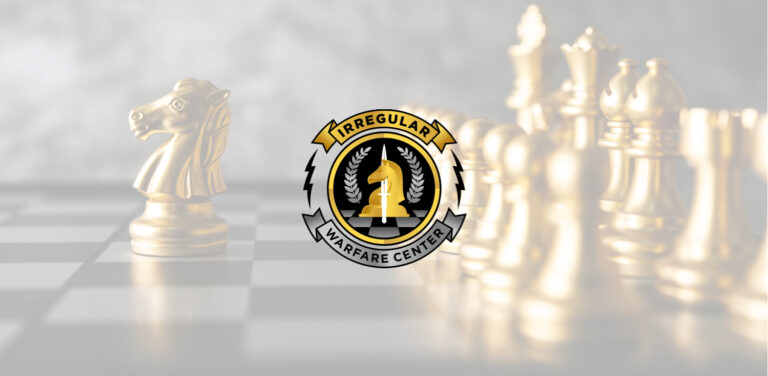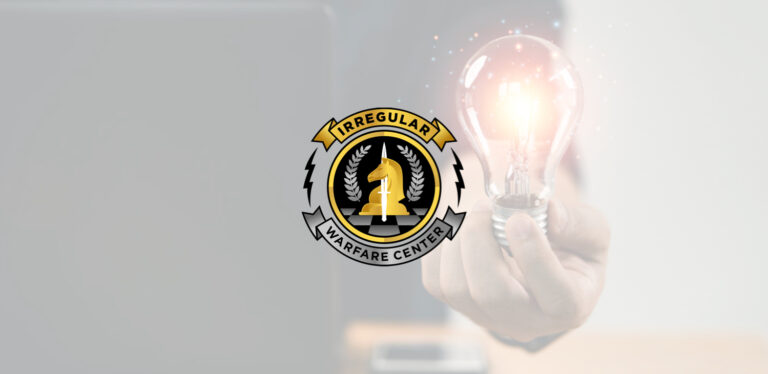In the three short months since the Irregular Warfare Center (IWC) “opened its doors,” to begin addressing the implications of “struggle among state and non-state actors for legitimacy and influence over relevant populations,” it has been using its broad range of authorities to reach out and begin creating partnerships and collaborations to ensure it fully addresses strategic competition below the threshold of military conflict. Those non-military challenges to international stability and security are political, economic, legal, informational, cyber, sociological, and so much more; areas where the Department of Defense knows it must reach out to partners with the knowledge, experience, and philosophies that are outside its core capabilities.

